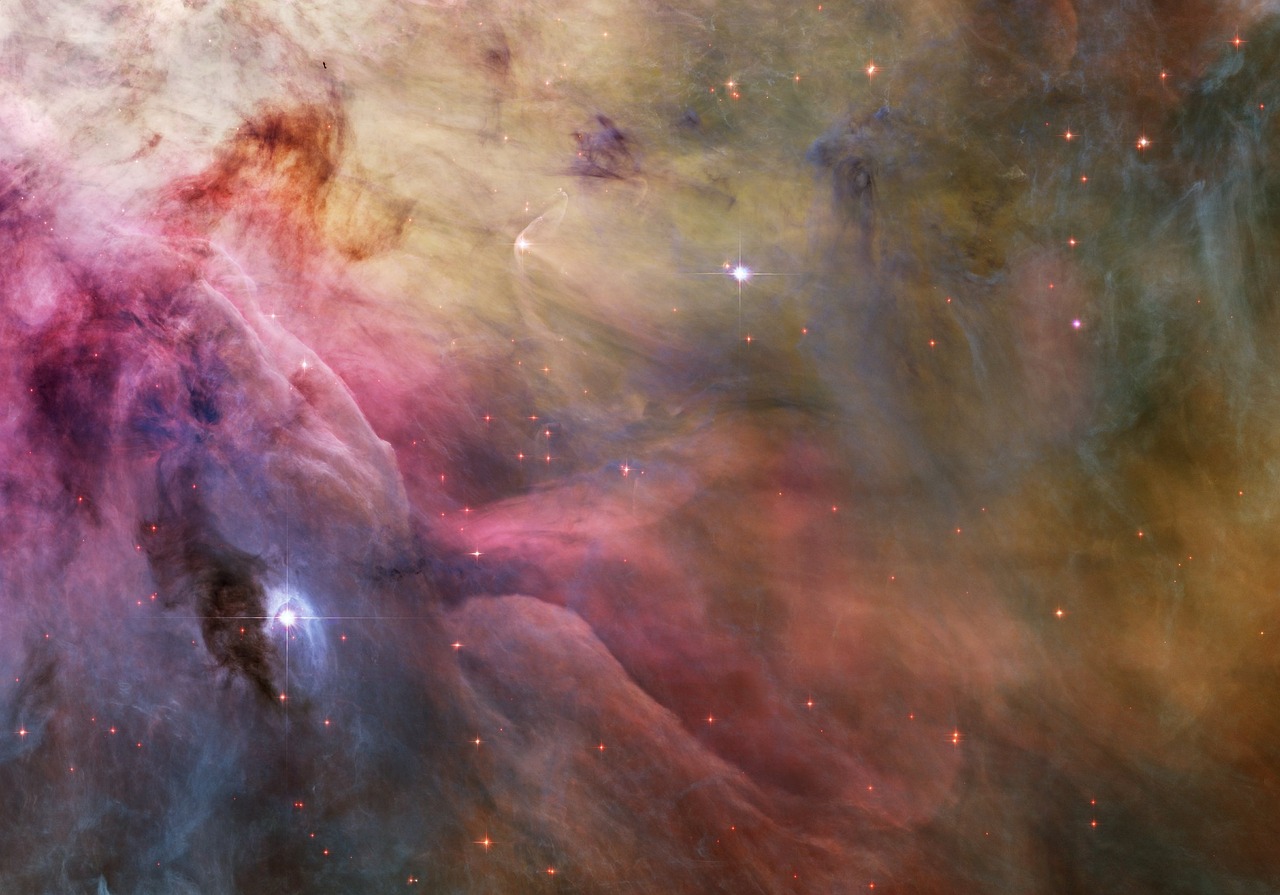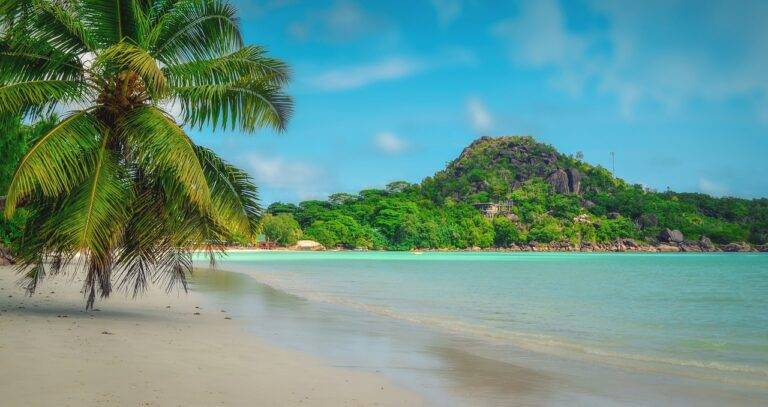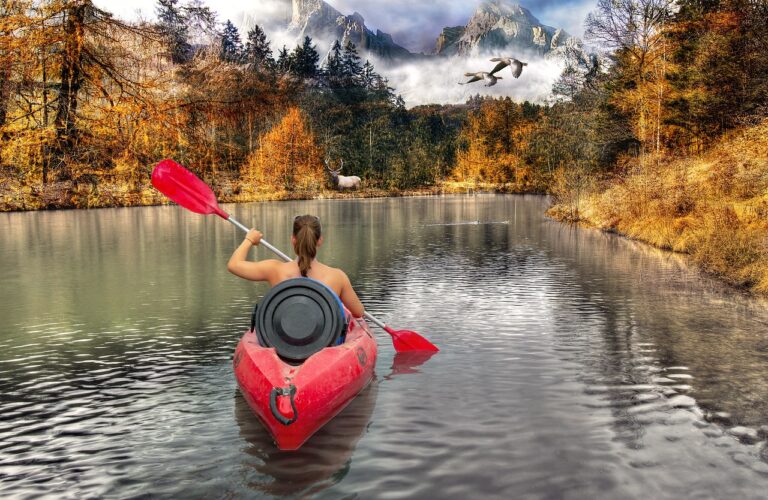The Power of Music in Travel: Exploring the Influence of Local Sounds and Rhythms
Music plays a significant role in shaping cultural identity, serving as a reflection of traditions, beliefs, and values within a society. Through melodies, rhythms, and lyrics, music acts as a powerful medium that captures the essence of a culture, passing down stories and emotions from generation to generation. In many cultures, music is deeply intertwined with rituals, ceremonies, and daily life, reinforcing a sense of belonging and shared heritage among community members.
Furthermore, music has the ability to transcend language barriers and connect people on a deeper level through shared emotional experiences. Whether through traditional folk songs, contemporary pop music, or expressive ballads, music has the power to evoke nostalgia, inspire unity, and spark conversations about cultural heritage and identity. By embracing and celebrating the diverse musical traditions present within a society, individuals can gain a deeper understanding of their own cultural roots and foster a sense of pride in their heritage.
Exploring the Connection Between Music and Geography
Music and geography share a profound connection that is deeply rooted in cultures around the world. The unique sounds and rhythms of music often reflect the landscapes, traditions, and history of a specific region. For example, the lively salsa music of Cuba and the Caribbean captures the vibrant and energetic essence of the tropical environment, while the haunting melodies of Scottish bagpipes evoke the misty highlands of Scotland.
Moreover, the geographical location of a place can influence the types of instruments and musical styles that develop within that region. Coastal communities may incorporate the sounds of ocean waves and seagulls into their music, while mountainous regions may use traditional string instruments that mimic the echoing of valleys and canyons. By examining the musical traditions of different cultures through a geographical lens, one can gain a deeper understanding of how music is interwoven with the natural environment and local customs.
How Music Can Enhance Travel Experiences
As travelers embark on journeys to new destinations, music has the ability to enhance their overall experience. The unique melodies and rhythms of a place can instantly transport individuals to the heart of a culture, providing a deeper connection to the locals and their way of life. Whether it’s the lively beats of samba in Brazil or the haunting tunes of traditional Irish music in Dublin, the soundscapes encountered during travel create lasting memories and a sense of belonging.
Immersing oneself in the local music scene can also offer a glimpse into the history and traditions of a region. From folk songs passed down through generations to contemporary hits that define the modern era, music serves as a living archive of a community’s past and present. By listening to the melodies that define a place, travelers can gain a deeper appreciation for its cultural heritage and the stories that have shaped its identity.
How can music enhance travel experiences?
Music can enhance travel experiences by creating a soundtrack for your journey, setting the mood for different destinations, and connecting you to the local culture.
Can music help shape cultural identity?
Yes, music plays a significant role in shaping cultural identity by reflecting the traditions, values, and beliefs of a particular society or community.
Is there a connection between music and geography?
Yes, there is a strong connection between music and geography as different regions have their own unique musical styles, instruments, and traditions that are influenced by the environment and history of the area.





